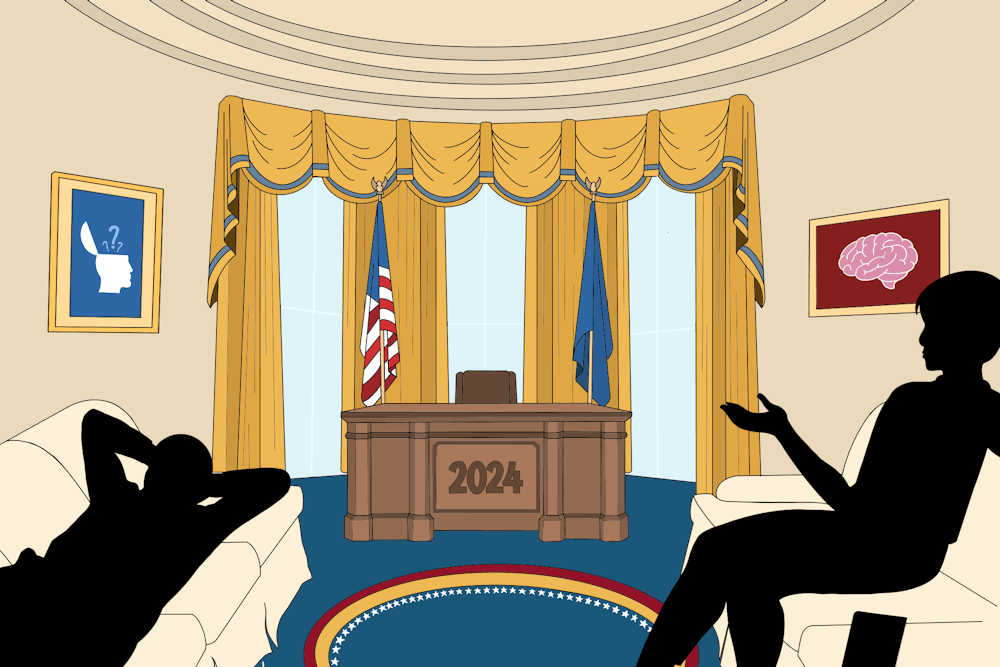When the election was called on Nov. 6 for former President Donald Trump in the early morning, the results were met with mixed reactions — both excitement and anxiety for the next four years to come. These elevated feelings, however, did not begin on election day.
According to a study from the American Psychological Association, 69 percent of Americans said the 2024 presidential election was a significant source of stress in their lives leading up to Nov. 5.
Tina Lepage, a psychologist and founder of Lepage Associates Psychological Services, said language and media coverage have contributed to these increased anxieties. Lepage Associates offers services in Durham, Chapel Hill and Raleigh.
“I think that this election season, and maybe even the last couple, have just been more elevated almost in the way that the parties talk about politics, and kind of the gloom and doom and scariness if the other side wins,” she said.
Looking back on the last 20 years, Lepage said, these big upticks in election anxiety did not exist. She said the change came with the 2016 election as the rhetoric and decorum in debates, political advertisements and interviews shifted.
Politics can be really personal and many people are often worried how they will be impacted if a certain candidate takes office, Lepage said. Things like health services and finances, she said, can be a source of stress surrounding elections as they often have a direct affect on people’s lives.
Jennifer Walker, a licensed clinical mental health counselor based in Raleigh, has been practicing for almost 30 years. During her time, she said this election has been the only time other than the pandemic when she experienced the same stress as her patients in real time.
Walker said her experiences with the pandemic taught her how to manage conversations and media input in her own life to help stay balanced during this election season.
Organizations like the American Physiological Associated, Clearly Clinical and Licensed Clinical Counselors of North Carolina offered several continuing education materials for therapists to navigate the election, she said. Walker said it was also helpful to speak with her own professional network of therapists who were experiencing similar trends with their clients.




